A career is an important phase in everyone’s life. It offers the space to build oneself, shape up the future, and turn into a successful person in life. Unlike other phases like schooling or adulthood, the career phase is of utmost importance as it defines the person you are going to be for the rest of your life. That’s why it is imperative to crave this phase meticulously to lead a successful life. Building your career path extends beyond just getting the dream job. It relies on the proactive steps you take in your life. One such step, in fact, the first stone for your success is tuning up your soft skills. Soft skills are important for any individual, regardless of their career path.
Imagine you have to hire an electrician and have two options – one with electrical knowledge and another has the same knowledge, yet friendly-communicative, punctual, and initiative. Who will you choose? Yes, No matter what you choose in your career path, it is important to learn these soft skills. Given this, there are a number of skills, listed below that are notably crucial., sometimes overlooked.
Communication Skills
Communication is a crucial aspect of life. It serves as a tool to convey your message, opinion, and ideas effectively to others. It is your communication that has the ability to break down any heated arguments, or turn a simple situation in your favor – it’s a game-changer. Enhancing your communication skills will help you deal with different people and different situations you meet at your work effortlessly.
Negotiation Skills
Negotiation skills are crucial soft skills even before the get-go in your career. Because it is the ability to put forward your points more effectively and seize the right moments. These skills come into play when negotiating your starting salary at a new job, getting a hike by pointing out your achievements, and winning a proposal in your favor, says a Three Best Rated Recruiting Agency. Though it is one of the domains of communication skill sets, it often goes unnoticed. So make it yours!
Time Management
Why time management? A lot of us stumble upon managing the tasks on our plate while driving ourselves toward stress and frustration. That too, individuals with significant roles like motherhood, or occupying higher positions, require constant juggling between roles. Things would be hard if you didn’t know how to organize and manage things.
So conquering the ability to set priorities, organize tasks, and avoid potential distractions will help you be protective at your work, shielding yourself from stress & anxiety. Albeit – It does need discipline and willingness to achieve. However, you can make it happen through planning, goal-setting, and time-blocking techniques.
Leadership Quality
Regardless of the position being held on the totem pole, everyone must learn this skill. Leadership quality includes critical & strategic thinking, problem-solving abilities, accountability, effective management, communication skills, empathy, delegation, decision-making, and many more. This one skill makes you a majestic and inspiring figure within your workplace. It does also earn you a good reputation, and respect from your peers and higher-ups. So make your best efforts to improve the leadership qualities to shine your brightest light.
Active Listening Skills
Both problem-solving and decision-making skills need active listening to arrive at better solutions at crucial points. Also, when you start listening to others – like your colleagues, and teammates, you will gain a trove of diversified insights and innovative concepts, which gives you ideas and inspiration. Furthermore, this approach will earn you some reputation, and inspiration among your co-workers. It is easier for employees to build trust in someone or the company when they feel they are heard and valued.
Conflict Management
Conflict management is another overlooked soft skill. The workplace comes with diversified minds and personalities, making conflicts arguably unavoidable. The clashes can also easily affect your mental health and hinder work productivity.
Effective conflict management enables you to tackle conflicts, or any opposing ideas/person more effectively without losing yourself in the conflicts. In the case of you leading teams or holding higher positions, it fosters better relationships, and a sense of unity and encourages collaborative efforts. To master this skill, you will need better communication & negotiation skills, active listening, decision-making skills, and empathy/Emotional Intelligence.
Problem-Solving skills
Though decision-making skills and problem-solving skills look similar. They possess a bit of a difference. Decision-making is making the right decision while considering relevant aspects, pros and cons. But problem-solving skills mean coming up with alternative solutions, by analyzing the opportunities and complexities down the road. It gives you the strength to tackle any unexpected problems and hurdles that emerge.
Openness To Feedback
Needless to say, most of us don’t have the maturity to accept criticism and feedback. But fish for it. Believe it or not! It will help you identify your strengths and weaknesses across various aspects of your life – personality, leadership, employment, progress, and so on. Feedback brings out all your positives and negatives and gives you a clear picture that helps you understand your potential. So that you can leverage your good skills further and work on things you are lacking.
Writing skills
Mostly, we tend to engage in writing in the form of emails or reports and proposals at the workplace. So along with effective communication skills, you need to acquire the skills to put into words. With good writing skills, you can easily write a winning resume, proposals, portfolio, cover letters, collaboration emails, and many more.





















